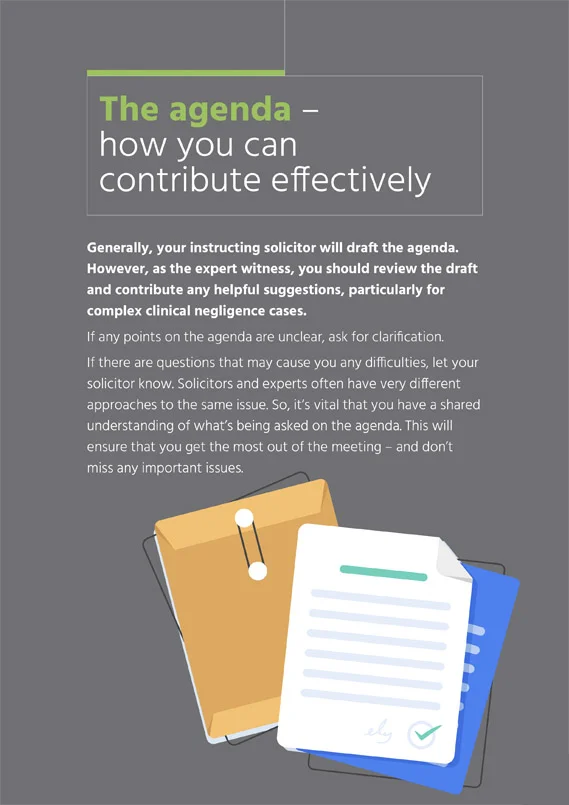Can an expert witness be an advocate?
In legal cases, this issue of advocacy usually arises where an expert uses language that appears to be advocating one party’s case rather than giving independent evidence to assist the Court. However, in a recent tax case[1], the advocate sought to rely on his own expert evidence, having previously submitted a valuation report. Rather unsurprisingly the judge ruled that the same person could not perform both roles.
The importance of independence and impartiality as an expert witness
The judge pointed out that the distinction between an advocate and a witness is crucial. He made reference to the Civil Procedure Rules but also to the older authorities on which Part 35 is based. He gave three reasons why an expert cannot be an advocate.
- Expert evidence given to the Court should be (and should be seen to be) the independent product of the expert, uninfluenced by the exigencies of litigation[2].
- An expert witness should provide independent assistance to the Court by way of objective, unbiased opinion in relation to matters within their expertise[3].
- CPR PD 35 para 2.2 expressly says that experts should assist the Court by providing objective, unbiased opinions…and should not assume the role of an advocate.
The judge regarded those authorities as binding and ‘an absolute bar’ to an advocate also acting as an expert witness.
In fact, the report was, in any event, deficient and its contents tainted by an apparent lack of knowledge of the duties owed by an expert to the tribunal. The deficiencies included the failure to provide a statement of truth and a statement indicating that the expert understood and had complied with his duties.

The meeting of experts is a crucial part of the litigation process for medical expert witnesses. It can also be a very difficult and highly charged part of the process – where your views will be challenged. So, it’s vital that you prepare well for this meeting and present your opinions in a clear, reasoned way.
In this guide, we share our top tips for managing this meeting – drawing on insights from some of the UK’s most respected medical expert witnesses.
The decision itself is hardly surprising, even the fact that the issue arose at all. The distinction between advocate and expert witness is fundamental. The roles are very different. An expert’s role is to assist the Court and give independent, objective evidence. That is not compatible with advocacy.
The lesson for experts is not so much that they should not appear before the Court as an advocate – which they are unlikely to do. But it may be a helpful reminder that, in giving evidence, they should not stray from their independence and give the impression that they are arguing a case.
Read more from Paul Sankey on this topic in ‘Expert witness duties: independence and impartiality again’, ‘Seven classic principles for expert witnesses’, and ‘Independent expert witnesses’.
[1] Neil Pickles/Sharon Pickles v Revenue and Customs [2020] UKFTT 195 (TC)
[2] National Justice Campania Naviera SA v Prudential Assurance Co Ltd (the “Ikarian Reefer”) [1993] 2 Lloyd’s Rep. 68 (Comm Ct), citing Whitehouse v Jordan [1981] 1 WLR 246 at 256
[3] Ibid, citing Pollivitte Ltd v Commercial Union Assurance Company PLC [1987] 1 Lloyd’s Rep 379 at 38
